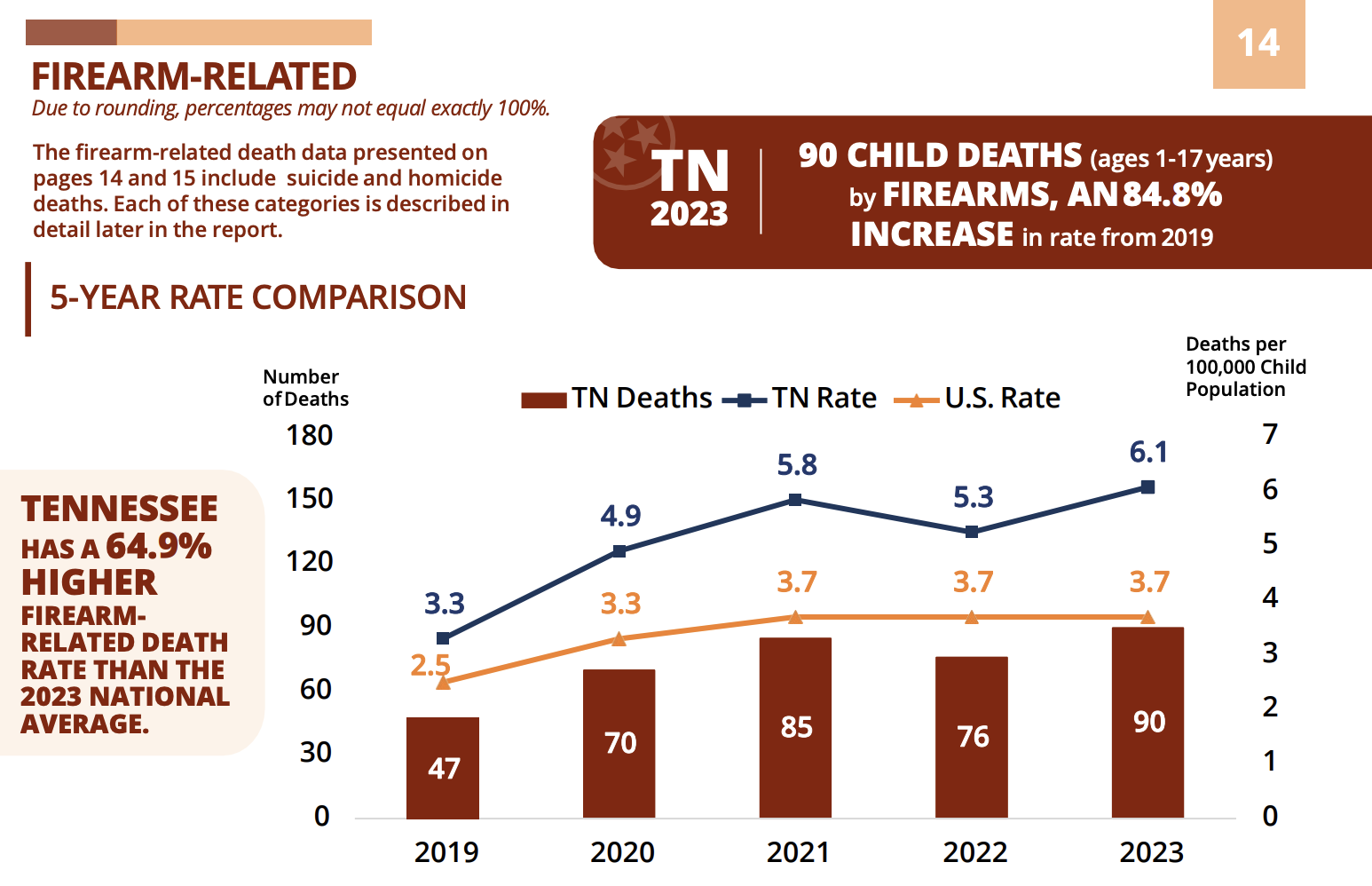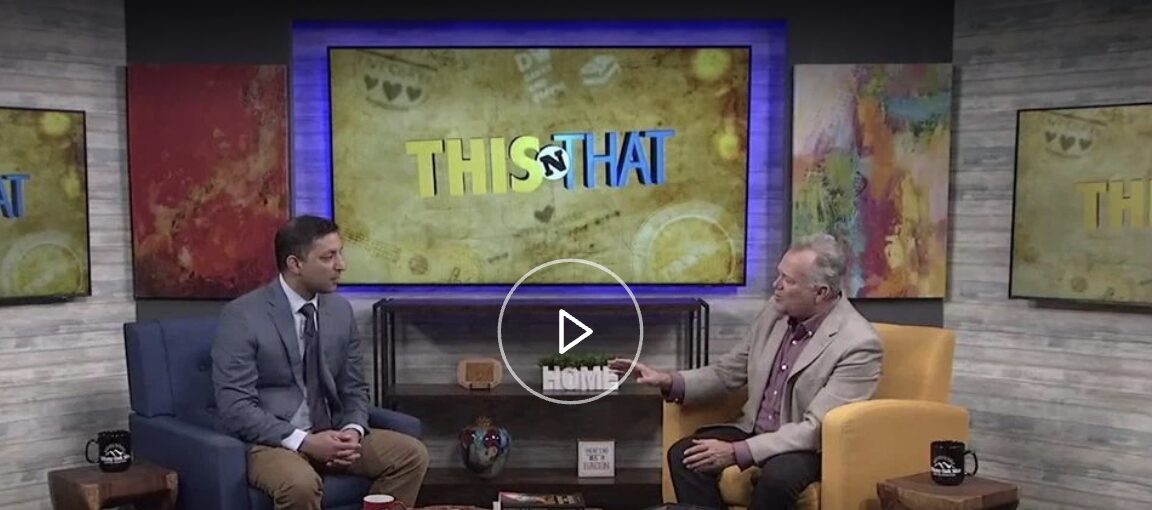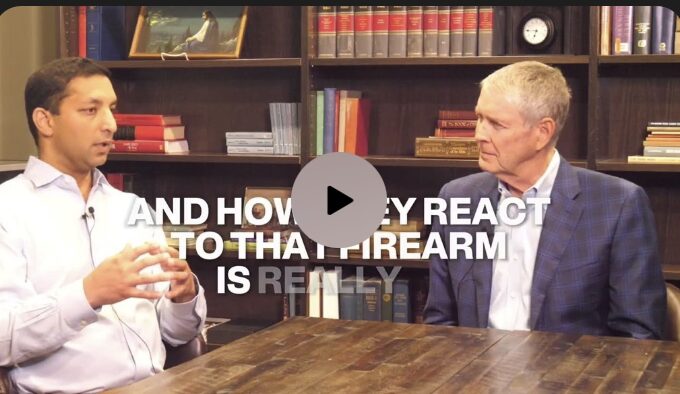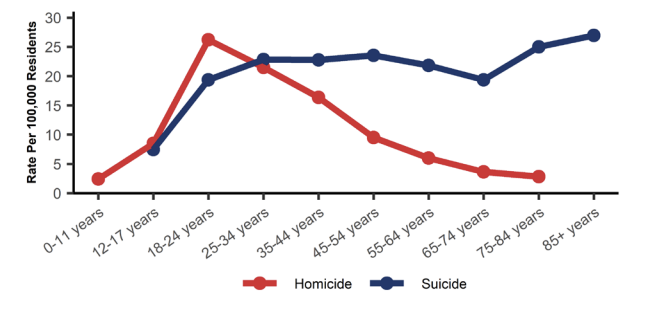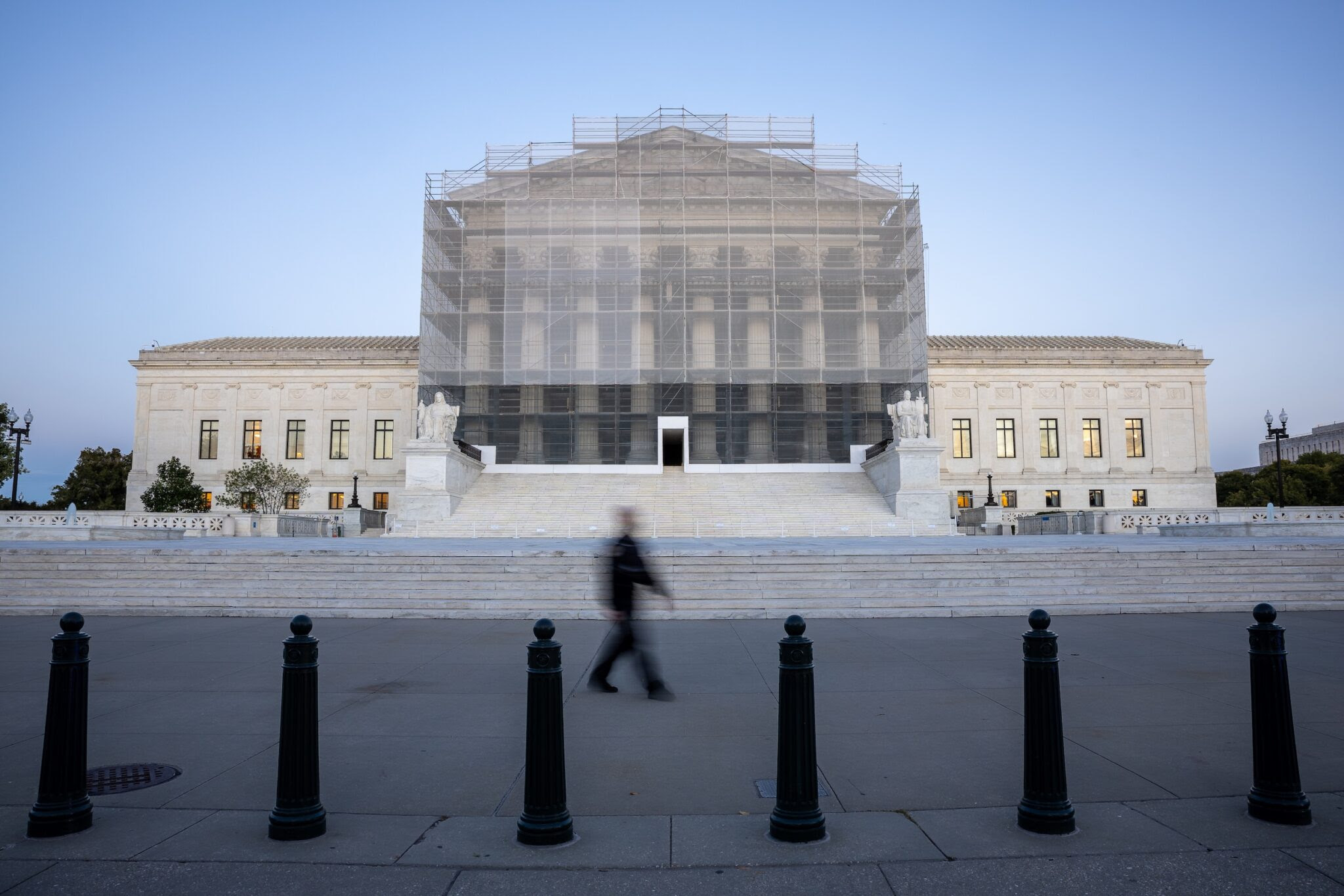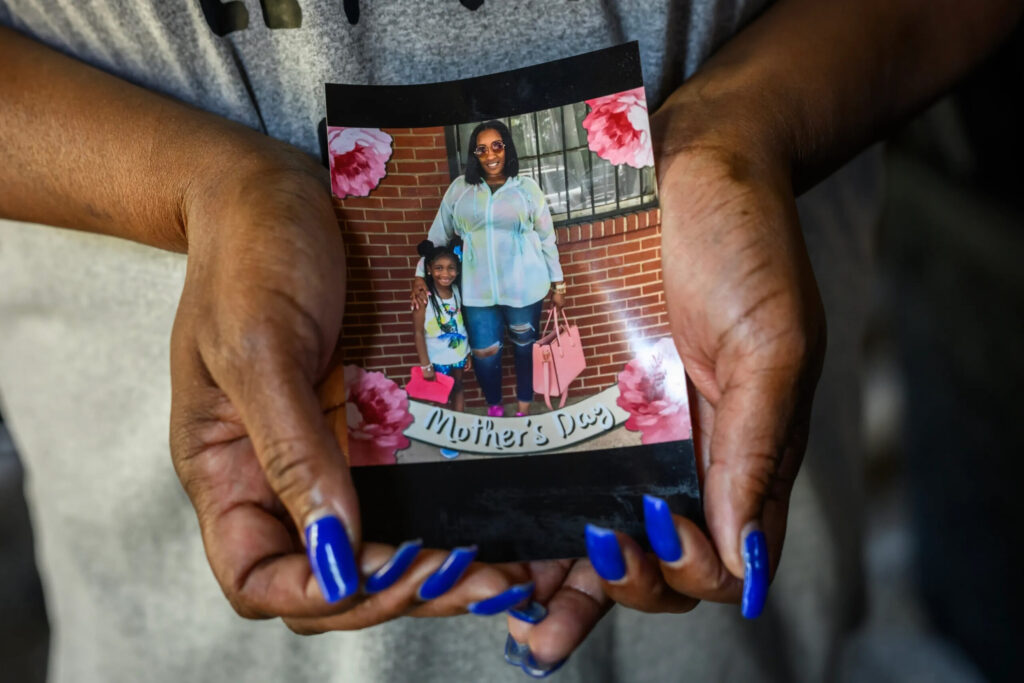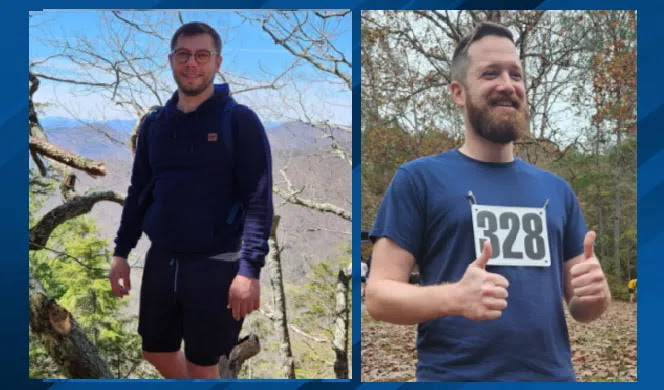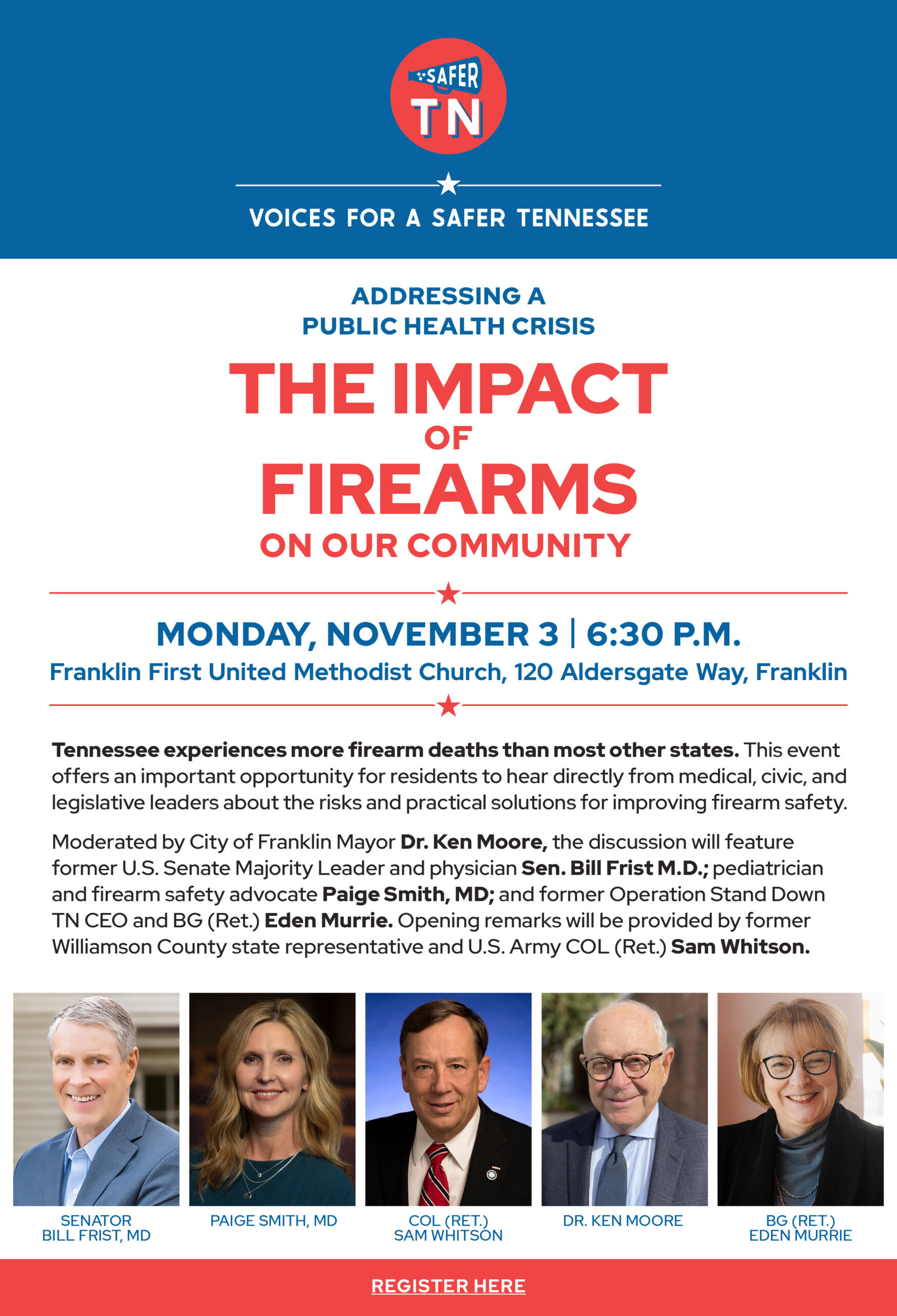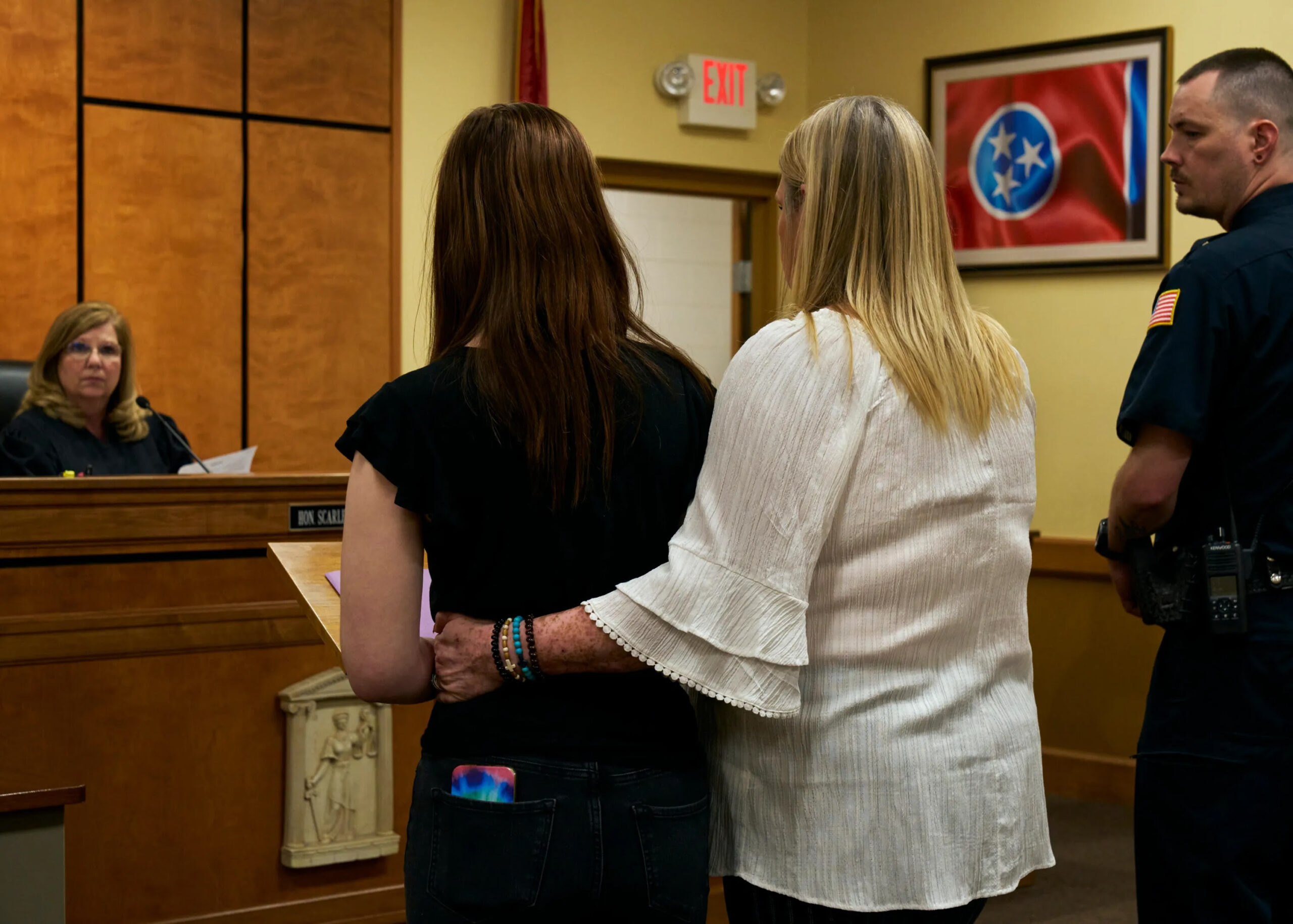
We hope you and your loved ones are safe and warm as Winter Storm Fern continues to impact our state. The storm has proven deadly in some areas, so please continue to follow guidance from local officials and news outlets on how to stay safe.
As many businesses and school systems have closed for the beginning of the week, the 114th General Assembly is also delayed. That’s just one of the developments we’re tracking right now.
We also want to hear from you! Our one-minute communications survey closes at midnight tonight. Please share your feedback to help shape our updates, and we’ll send you a free bumper sticker as a thank you.
1-What We’re Tracking: Winter Weather, the Capitol, and a Staff Update

Jennifer is an attorney and Tennessee native with years of experience in criminal defense and corporate law. Following her firsthand experience near The Covenant School on March 27, 2023, and driven by her commitment to community safety, she helped found our organization and has supported our policy work since the beginning. As Policy Advisor, she will now help lead our legislative strategy.
We will soon share an easy way to track bills, get legislative updates, and learn how you can take action in your community, so stay tuned.
2-What We’re Tracking: A Delivery to the State Legislature

Last week, a dedicated group of Safer TN volunteers visited the Cordell Hull Office Building to deliver our annual report and “welcome” cookies to Tennessee legislators and staff.
These professionals took time out of their workday to participate in this outreach. The goal was simple: to demonstrate that we want to work together on firearm safety. Safer TN’s values — collaborative, purpose-driven, and respectful — helped guide this approach.
You can read our 2025 annual report, which is now available on our website. It highlights what we accomplished together last year and outlines our priorities for the year ahead. We look forward to working with lawmakers on policies that reduce preventable firearm tragedies while respecting constitutional rights. We appreciate the legislators and staff who took the time to meet with our volunteers.
3-What We’re Tracking: One year since the Antioch shooting
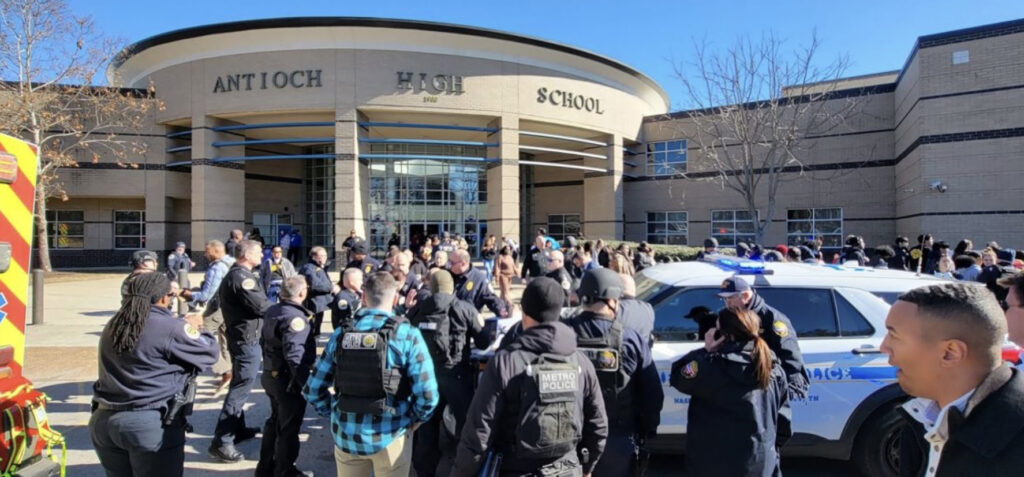
On Thursday, January 22, 2025, a troubled teenager gained access to an unsecured firearm and brought it into the Antioch High School cafeteria. After the gun wasn’t detected by the school’s weapons detection system, the student opened fire, killing his 16-year-old classmate, Josselin Corea Escalante, then turned the gun on himself. We later learned more about Josselin, and the violence she and her family had fled in their native Guatemala, only for her life to be taken while at school. Shortly thereafter, Safer TN helped organize a Valentine-making event to help bring a little light to those who were traumatized by this devastating event.
In the year since, details have emerged about the shooter and the firearm. But one news piece, reported by WSMV, points out that there has been a school-related firearm incident every month since the Antioch High School shooting. Nearly each of these incidents could have been prevented through secure storage.
Secure storage — in a home or vehicle — is the easiest way to stop unauthorized access. It’s why we give away cable locks and gun safes: we want people to know there are secure storage options that keep unintended users safe, while also providing easy access for the firearm owner.
You can find resources about how to talk to others about secure storage on our website at this link. With these cold winter months and more people staying inside, these resources can help prevent tragic accidents.
4-What We’re Tracking: Tales from the Road From Coalition
Coordinator Nycole Gentry
Spending time in communities across East Tennessee has reminded me how personal conversations about firearms can be. I grew up in Mississippi, where my family hunted, so firearms were familiar to me.
When we show up to events to talk about firearm safety, people bring their own experiences, assumptions, and sometimes a sense of defensiveness with them.
At a recent event, a man approached our table unsure and guarded about what we were there to do. As we talked, I shared that Voices for a Safer Tennessee is a nonpartisan organization focused on education and preventing firearm tragedies, not politics or taking sides. Almost immediately, his posture changed. He shared that he appreciated knowing our work was not about labels or agendas, but about keeping families and communities safe.
Moments like this stay with me. They are reminders that this work begins with listening and meeting people where they are, and that these small, human interactions are why showing up in our communities is always worth it.

- Teen accidentally shoots himself in head showing off gun while live on social media, police say
- New Tennessee Legislation Aims To Create Sales Tax Holiday For Firearm Purchases & Expand Fee Waivers For Lifetime Enhanced Handgun Carry Permits
- Nearly 3 years on, therapy dogs provide comfort to survivors of Nashville school shooting
- One year after Antioch HS shooting, Nashville therapists offer advice – The Tennessean
- Tennessee lawmakers debate on sweeping gun reforms amid 114th General Assembly
- Teen charged with first-degree murder after shooting his brother over food, police say
- One year after Antioch HS shooting, Nashville therapists offer advice – The Tennessean
- With Safeguarding, Gun Owners Take Firearms Out of Their Own Hands

